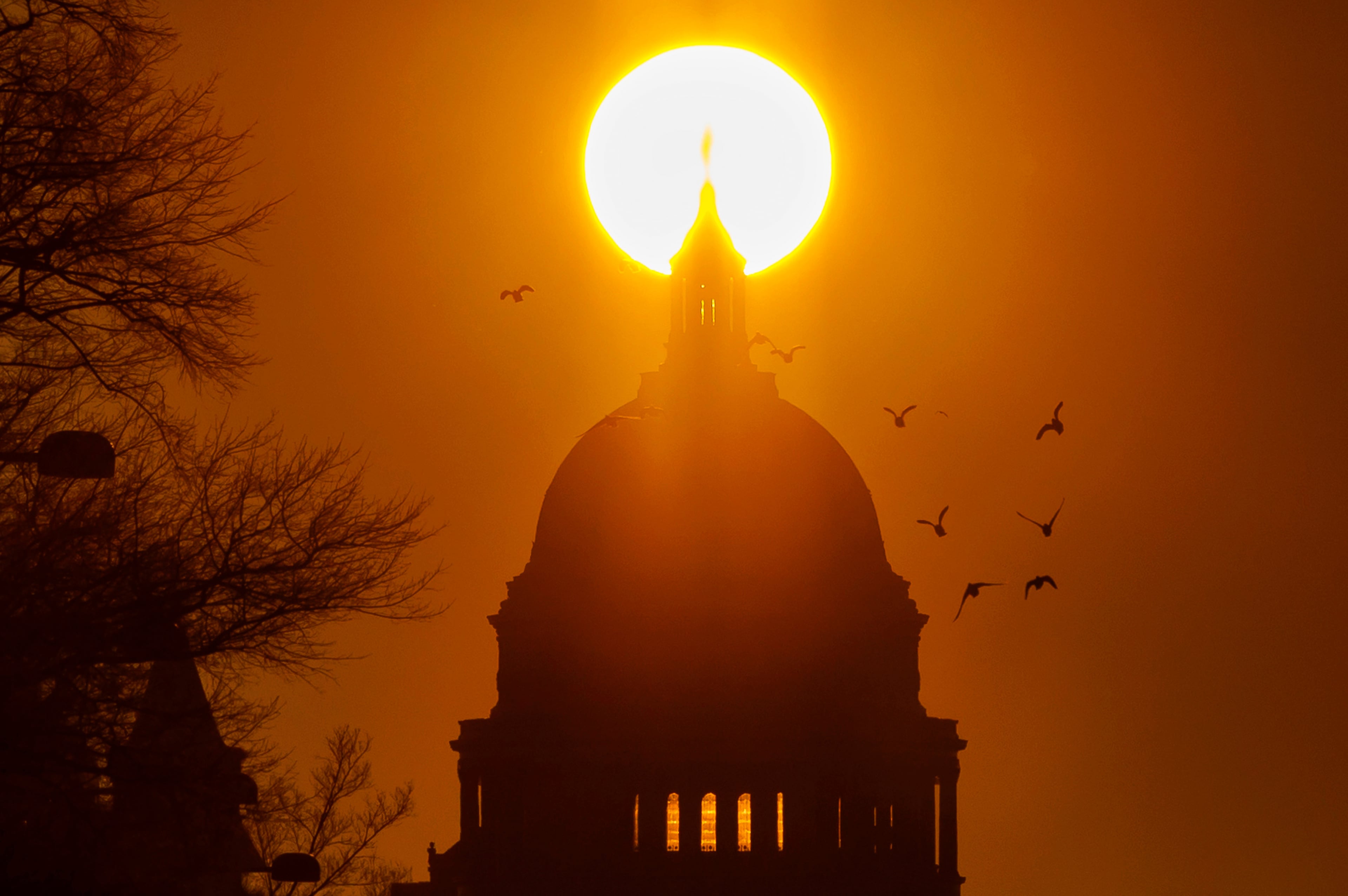This column started out as a list of winners and losers of the government shutdown. But it’s obvious that there are no winners in a situation like the one we’ve got today.
It’s the first government shutdown in seven years, but also the first I can remember where both sides seem to think the fight right now is good for their cause. They couldn’t be more wrong.
Here are the biggest losers of the shutdown so far:
1. The Democrats. The offer currently on the table for Democrats is the same one they have asked for time and again in previous funding fights — a short-term extension of government funding at current levels, while a longer funding deal is negotiated.
But unlike years past, Senate Democrats rejected a “clean” continuing resolution to force a broader conversation on Affordable Care Act subsidies, which are set to expire at the end of the year. The subsidies are important to working and middle class families, but would not be affected by a temporary funding extension. That means that Senate Minority Leader Chuck Schumer’s insistence that Republicans “want to raise health care rates for American families to OBSCENE levels,” and that they are shutting the government down to do it, is just not accurate.
Worse, the people who stand to suffer the most during a shutdown of any length are the same government employees and programs that Democrats care the most about. But by holding back their votes for an ACA deal that is not close at hand, Democrats are hurting their own supporters for an agreement that may never come.
Why would Schumer take such a risk? Because the last time he voted to avoid a government shutdown in March, the liberal wing of the party hammered him for not putting up enough of a fight against Trump. Rumors quickly swirled that U.S. Rep. Alexandria Ocasio-Cortez may consider a primary challenge to Schumer in New York to sweep out the leader of the old guard. Schumer has his fight now, but it’s not clear it’s a battle the Democrats will win.
2. Donald Trump and the Republicans. Democrats may look like the biggest losers now, but that title is truly up for grabs. That’s because the president and his top government adviser, Russell Vought, are loudly signaling their plans for mass layoffs of government workers during the funding lapse.
On Truth Social Thursday, the president called federal agencies “the Democrat Agencies, most of which are a political SCAM,” and said he and Vought are in the process of deciding who and what they’ll cut and for how long. “I can’t believe the Radical Left Democrats gave me this unprecedented opportunity,” he wrote.
Nothing will make Schumer’s position look reasonable faster than the president using this moment to repeat the Department of Government Efficiency initiative’s slash-and-burn mass firings that blew up in Elon Musk’s face earlier this year. DOGE 2.0 now won’t be any more popular now than DOGE was then.
3. Incumbents. Moments like this are at the heart of the reason so many Americans hold such a low opinion of Congress. They have one job — keep the government operating — and they routinely remind us they aren’t up to the job.
But have you also noticed that nobody in Washington seems to be in a hurry to end the shutdown now that it’s started?
Part of that casual attitude may be because, unlike furloughed federal employees and members of the military, members of Congress are still getting their salaries during the shutdown, no matter how long it goes on. Democratic Sen. Jon Ossoff and Rep. Buddy Carter, one of Ossoff’s GOP challengers for his Senate seat, both said this week they won’t take their salaries as long as the government is closed. But why in the heck are they getting paid during a shutdown in the first place?
We’ve got Article I, Section 6, of the U.S. Constitution to blame for that, since it mandates that Congress be paid. The 27th Amendment further stipulates, “No law, varying the compensation for the services of the Senators and Representatives, shall take effect, until an election of Representatives shall have intervened.”
Have you ever heard a better case for a new constitutional amendment in your life? No, you have not.
4. The rest of us. At this point, Americans expect nothing less of Congress than dysfunction. But today’s funding impasse is worse than you think.
One reason it’s worse is because leaders on both sides seem content to want this showdown because they think it’s good for them politically. But it’s not at all good for Americans’ confidence in their government or markets’ confidence in government stability and operations. It’s particularly bad for the Americans working without paychecks, thanks to politicians’ inability to work together.
The shutdown also foreshadows major battles ahead. Although the ACA subsidy fight does not need to be a part of this particular funding bill, those subsidies will be ending soon enough, and likely will force hundreds of thousands of Georgians off health insurance.
The subsidies are not going to “illegal aliens,” as Republican talking points contend, since undocumented immigrants are not eligible for the subsidies in the first place. But the subsidies are used by entrepreneurs, small business owners, farmers and people whose own employer-sponsored insurance is too expensive to afford otherwise. The COVID-19-era policy is ripe for a fight with no easy resolution, and it’s waiting around the corner if there’s no fix now.
Shutdowns never have winners, and this one is no exception. The only question now is how much worse it will get and for whom.



